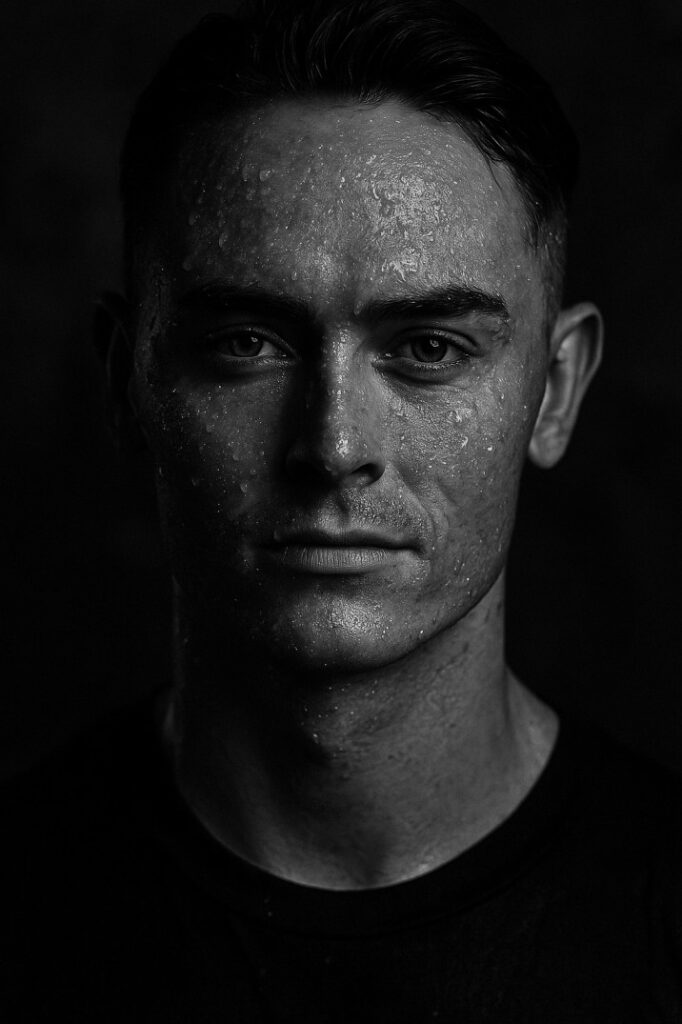There was a time where drugs and inspiration paired better than a fine wine and cheese board. In the eighteenth century, writers commanding attention in the English literature scene seemed to swear by the use of certain drugs, the words of Coleridge and Wordsworth highlighting the flourishes of fancy and wonder that came when under the influence. In the time that has elapsed since, the conversation surrounding drugs has become tense, with countries around the world grappling with addiction across a range of substances. But as researchers continue to look for new ways of treating certain health problems, psychedelics are emerging as a new frontrunner in the drug world.
As the New York Times recently reported, one researcher in particular has devoted his life to the study of psychedelics. Rock Doblin, a pioneering psychedelics researcher, has spent the greater part of his life looking at the healing powers of the mind-altering compounds that makeup a range of psychedelics, from Ecstasy, LSD and magic mushrooms. Naturally though, Doblin has come up against a huge push from anti-drug organisations and advocates looking to criminalise the drugs. But just recently, Doblin made strides as the results from his latest study on MDMA were published in the journal Nature Medicine. In it, it showed that MDMA paired with counselling brought “marked relief to patients with severe post-traumatic stress disorder.”
It’s not the first time scientists have woken up to the healing potential of psychedelics. Just weeks ago, researchers at the New England Journal of Medicine found that the psychoactive ingredient in magic mushrooms – known as psilocybin – can help treat depression. As the NYT reports, “They say it is only a matter of time before the Food and Drug Administration grants approval for psychoactive compounds to be used therapeutically – for MDMA as soon as 2023, followed by psilocybin a year or two later.”
But is it really the case where psychedelics could be entering mainstream psychiatry sooner than anticipated, in an age where criminalisation and demonisation of drugs seems to be the prevailing rhetoric? With opioid abuse and suicides continuing to escalate at an alarming rate, scientists believe we need psychedelics now more than ever, as they could have a profound impact on the treatment of mental disorders and addiction.
Currently, universities across the United States are looking to set up psychedelic research centres and investors are pouring their money into such developments. Coupled with the uncertainty that has emerged as a result of the coronavirus pandemic, mental health has been pushed from the peripheries to the spotlight. Even recently, the Australian Government revealed a Federal Budget which sought to tackle mental health at a time where suicide remains the biggest killer in Australia for those aged 15 to 44. But as the New York Times suggests, the question is now a matter of how far, and fast, the pendulum should swing. “Even researchers who champion psychedelic-assisted therapy say the drive to commercialise the drugs, combined with a growing movement to liberalise existing prohibitions, could prove risky, especially for those with severe psychiatric disorders, and derail the field’s slow, methodical return to mainstream acceptance.”
Should psychedelics enter the mainstream, the licensing requirements for adult recreational use will be incredibly strict. Studies have shown that classic psychedelics like LSD and psilocybin are not addictive and cause no organ damage, even in high doses. Still, more research is needed before the drugs become mainstream, particularly in areas like how dosage might affect those with cardiac problems.














